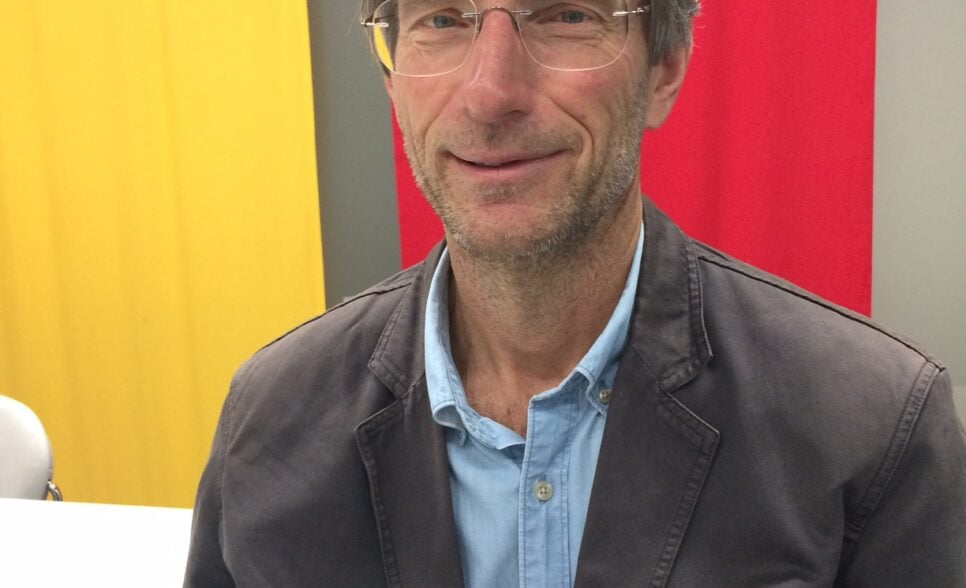Associate Professor Tilman Ruff
I am a HEPHero because I’ve had the privilege of being involved pretty much from the beginning in promoting the use of the extraordinarily effective and safe vaccine against hepatitis B. Initially the vaccine was costly and hardly used. The immense burden of hepatitis B and its consequences were poorly understood.
Now I have the pleasure of seeing the remarkable control of hepatitis B which can be achieved even in countries with very high rates of infection in little more than a decade when high rates of immunisation are achieved among infants, starting at birth.
I trained as an infectious diseases physician, and began working in travel medicine, public health and preventive medicine, enthralled by the amazing power of vaccines and immunisation. Currently I’m Associate Professor in the Nossal Institute for Global Health at the University of Melbourne, and for over 20 years I’ve been the international medical advisor for Australian Red Cross.
My main work in recent years has been on the urgent global health imperative to ban and eliminate nuclear weapons, the most acute existential threat we face. I’m a co-president of International Physicians for the Prevention of Nuclear War, which won a Nobel Peace Prize for its work.
I was the founding chair of the International Campaign to Abolish Nuclear Weapons, which has been the main civil society partner working with the 122 governments which concluded a historic treaty to ban nuclear weapons at the UN in New York in July 2017. Like hepatitis B, nuclear war can be prevented and nuclear weapons eradicated.
In the late 80s I became involved at the invitation of Professor Ian Gust, a wonderful mentor, in the first rollout of hepatitis B immunisation in Indonesia, figuring out how to deliver a birth dose to babies who were mostly born at home. We showed it could be done effectively and safely, and be a platform for delivering other important elements of postnatal care for mothers and newborns.
The lessons we learnt were applied across Indonesia, with more than 5 million babies born each year. Then for about 20 years I assisted national immunisation programs in Pacific island countries with hepatitis B control and more broadly, working with WHO and UNICEF.
Now I serve on an expert committee on hepatitis B control for the Western Pacific Region of WHO, helping countries check how their immunisation and hepatitis B control programs are going and working with them to figure out how to make them work better.
There is still a lot to be done to utilise the powerful vaccine we have most effectively, and get it to everyone who needs it, in time before they become infected. We’ve also learnt a lot about how to look after people living with hepatitis B, monitor and treat them, and protect their susceptible contacts.
Because the diagnosis requires a blood test, and the infection may not be evident, there’s still a lot of people who don’t know they’re infected and so can’t access appropriate care. And hopefully we’ll have better tools for treatment in not too many more years.
Some of the antivirals that are central to treatment are also important in prevention, such as in preventing infants being infected from their mothers around the time of birth.
Tilman’s message to others:
Learn about hepatitis B, prevent it with timely immunisation for all infants and everyone else who needs it. For those living with hepatitis B, accessing good monitoring and care is important and only possible if people know they’re infected. That means dealing with stigma that is still too common.










